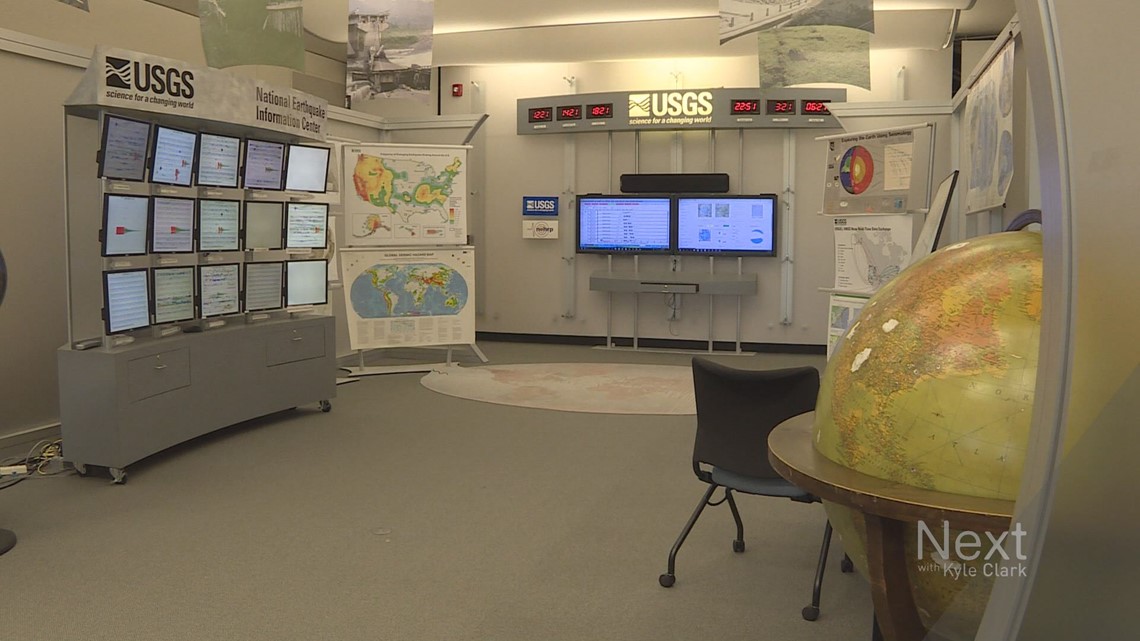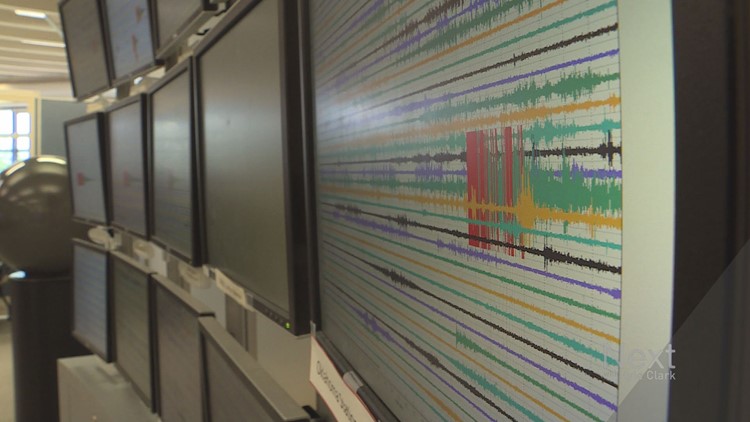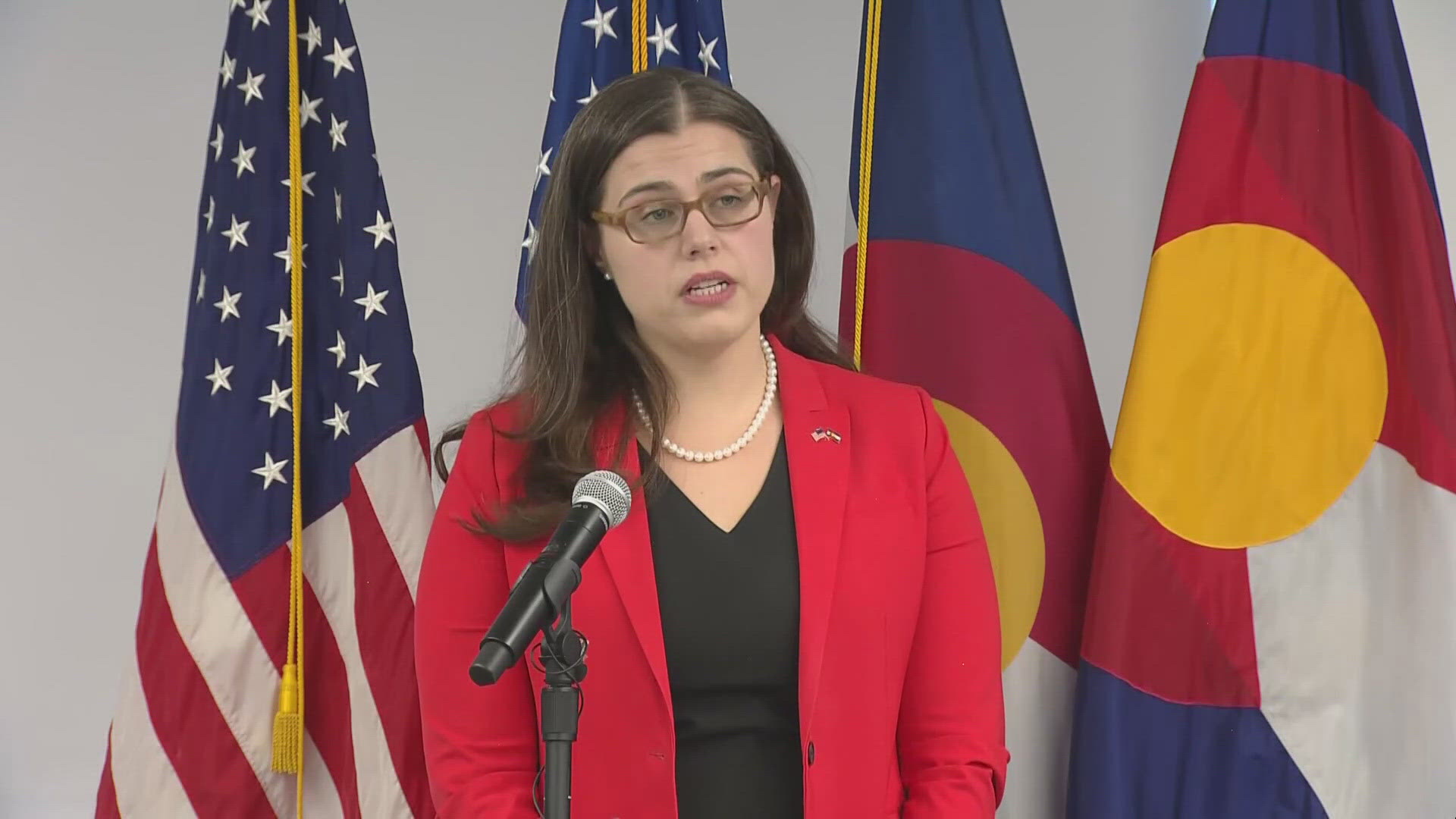GOLDEN, Colo. — A magnitude 4.1 earthquake about 27 miles northwest of Parachute was one of four earthquakes felt by Coloradans Friday morning within a five-hour span.
The shaking started at 12:56 a.m. with a 3.6 magnitude earthquake about 30 miles south of Trinidad, just across the state line near Raton, New Mexico. A 3.2 magnitude aftershock with an epicenter in Colorado came at 1:59 a.m. Two hours later and more than 300 miles away, the 4.1 magnitude temblor rattled the Western Slope, followed by a 2.8 magnitude aftershock at 5:21 a.m.
The U.S. Geological Survey's National Earthquake Information Center in Golden publishes information about earthquakes within minutes of each incident. The center is staffed 24 hours a day to monitor seismic activity around the world.
"So we can see, there were 'felt reports' in Rifle, down near Grand Junction - in Montrose, as well," NEIC Research Geophysicist Dr. William Yeck said. "We see less than one magnitude 4 earthquake per year on average in Colorado."


While magnitude 4 earthquakes can be widely felt, Dr. Yeck says they rarely cause damage. It's magnitude 5 earthquakes that can leave a mark, depending on their proximity to people.
"There was some damage related to those Denver earthquakes in the 60s and 70s," Dr. Yeck said. "For example, there was an overpass that [had] some cracking on it. But, typically the earthquakes that we see in Colorado don't cause significant damage."
Colorado quakes can be the result of both natural causes and human activity. Denver, Greeley and Trinidad are among the communities in Colorado that have experienced seismic activity linked to wastewater injection wells.
"So what happens is when you inject fluid underground you increase... the pore pressure in the rock," Dr. Yeck said. "Basically, that has the effect of unclamping faults. There are all sorts of faults and fractures in the rock underneath us everywhere, and all [of] them can slip. And generally they're small, so they can only produce small earthquakes. But, there is a potential for earthquakes... ...dispersed throughout Colorado."
What Yeck describes is not the same as fracking. Wastewater injection is when the byproducts that are the result of fracking are injected deep underground.



